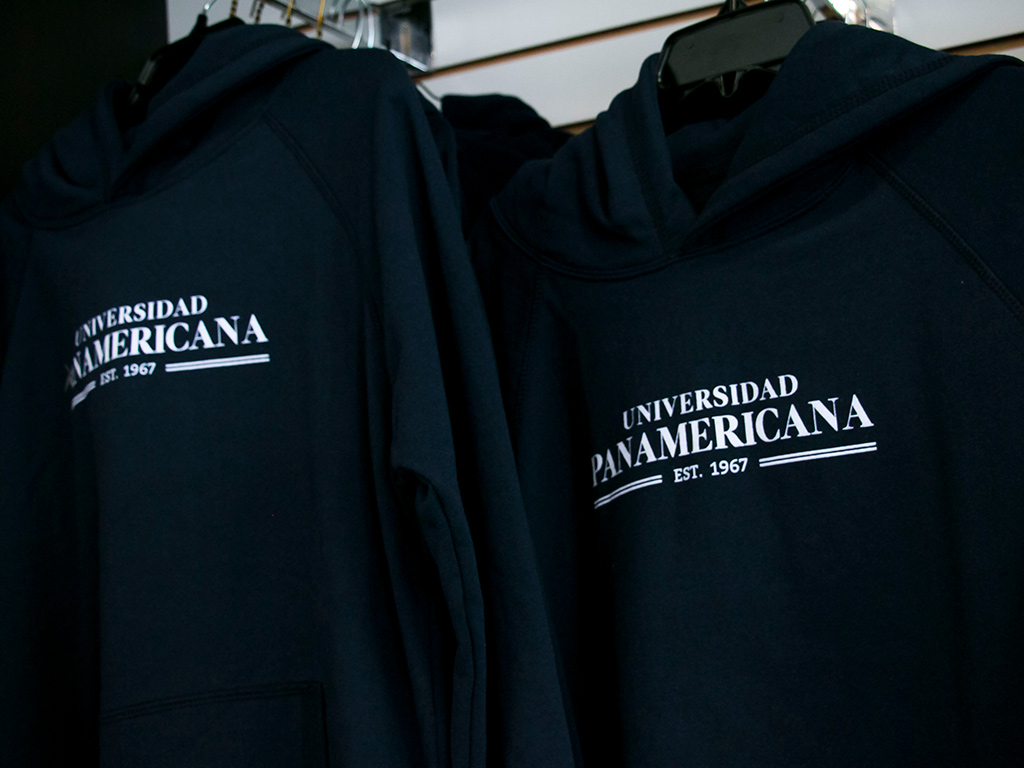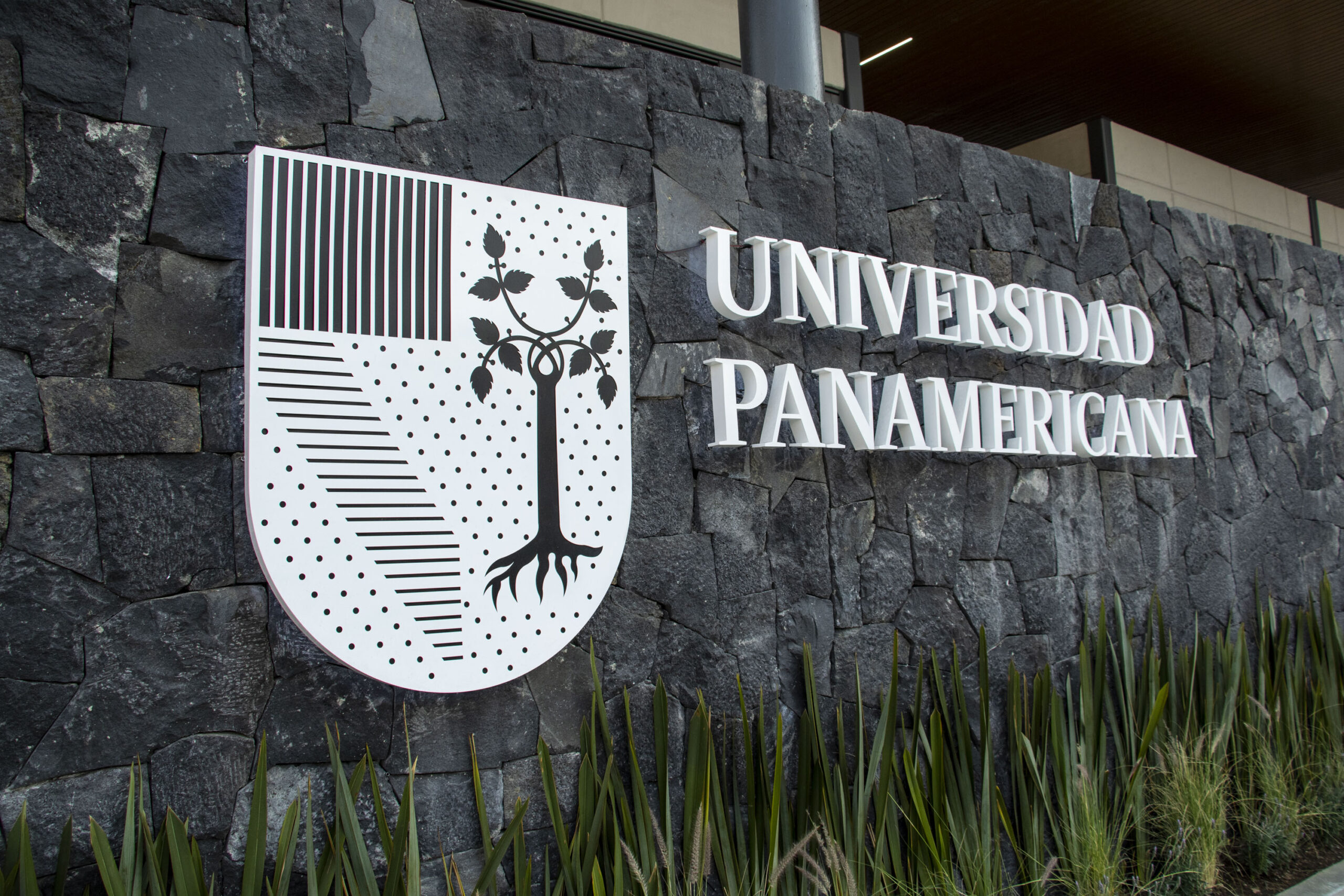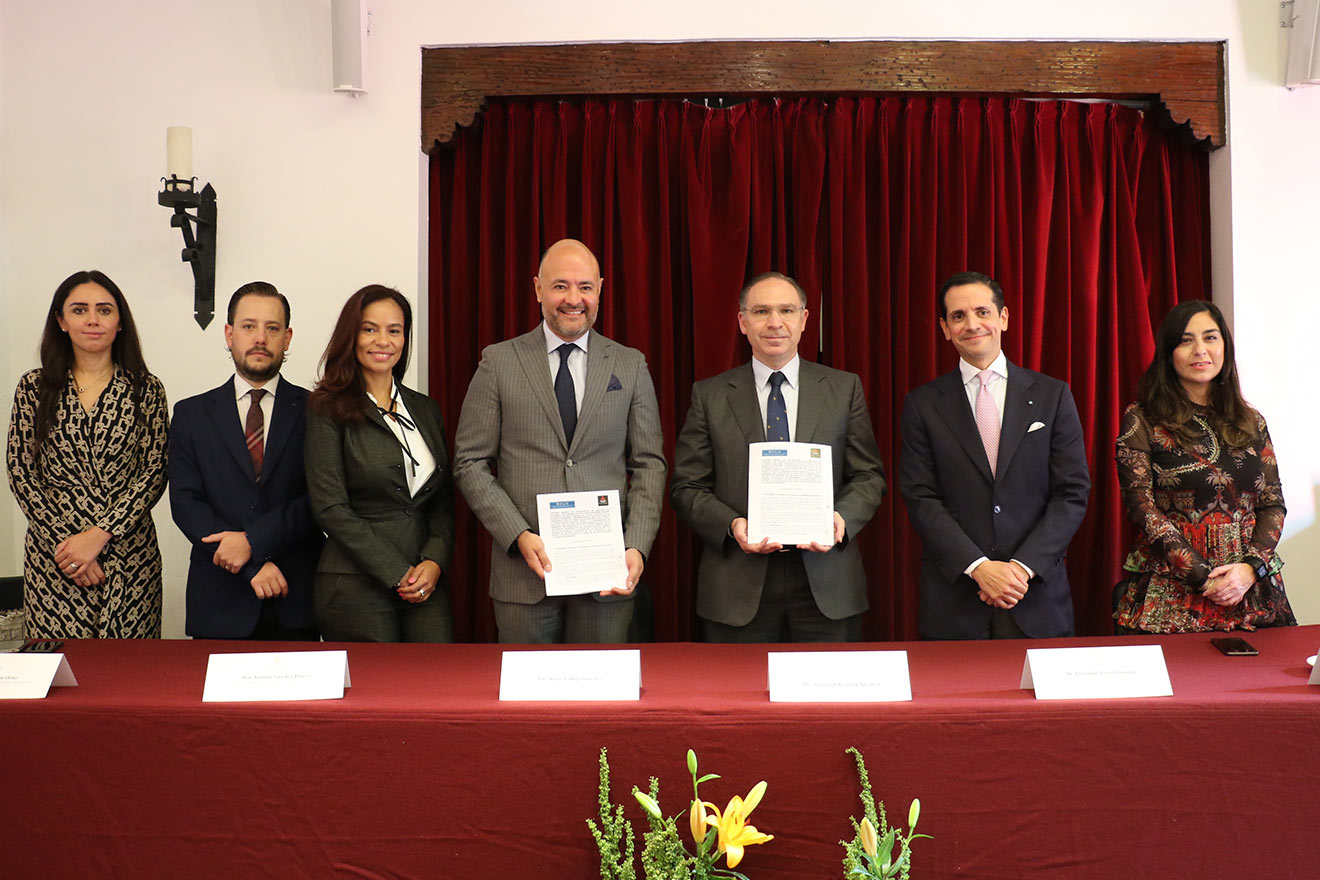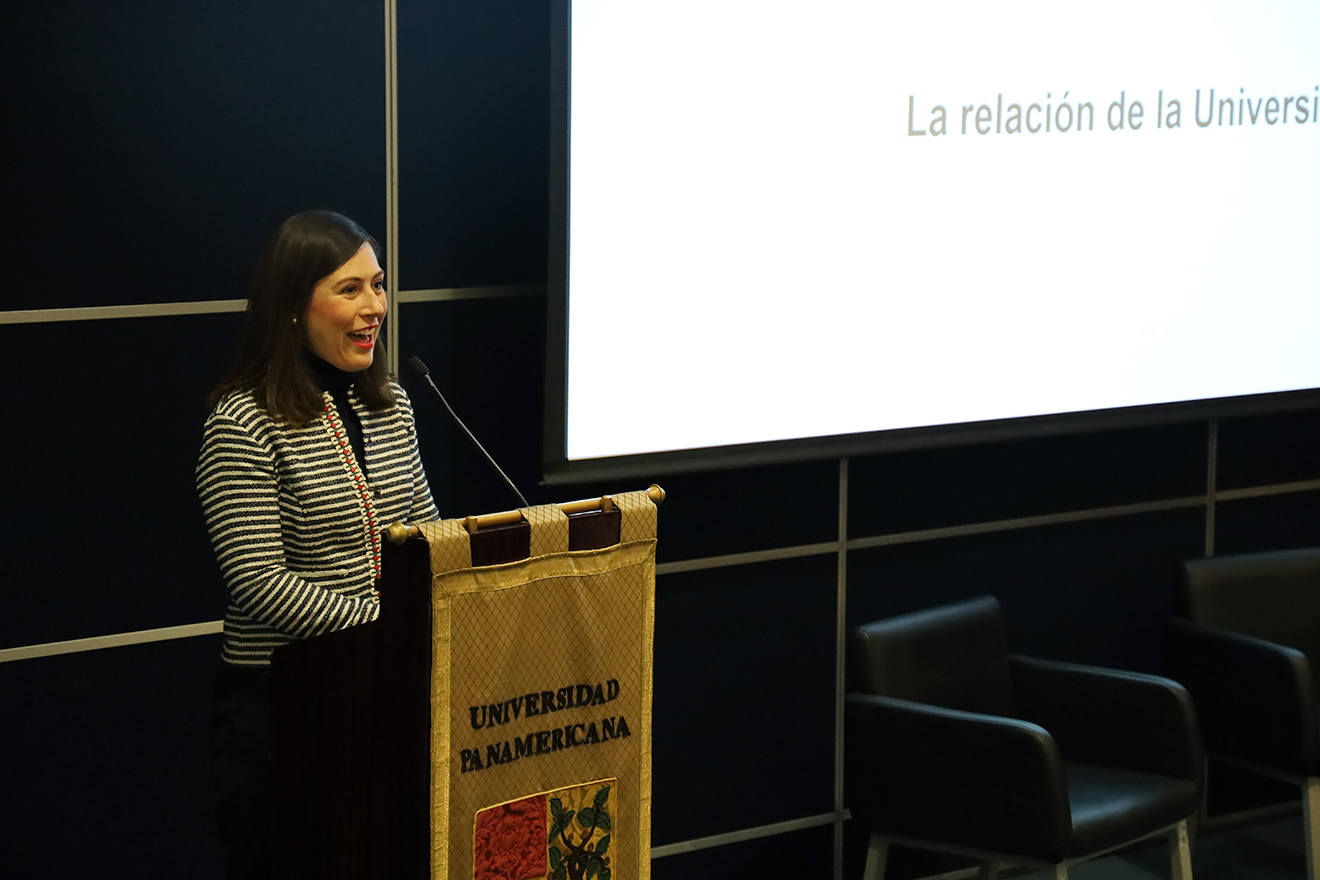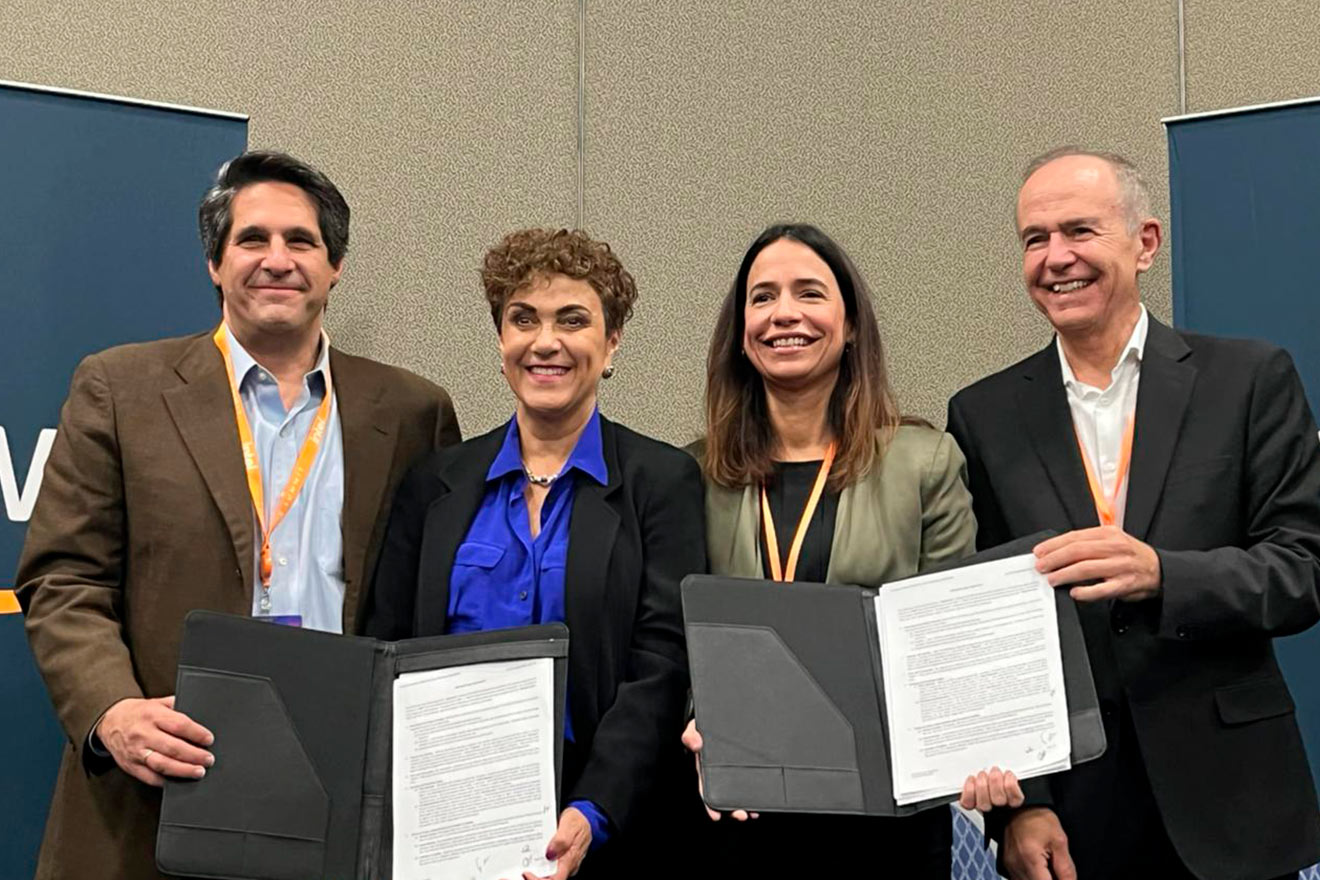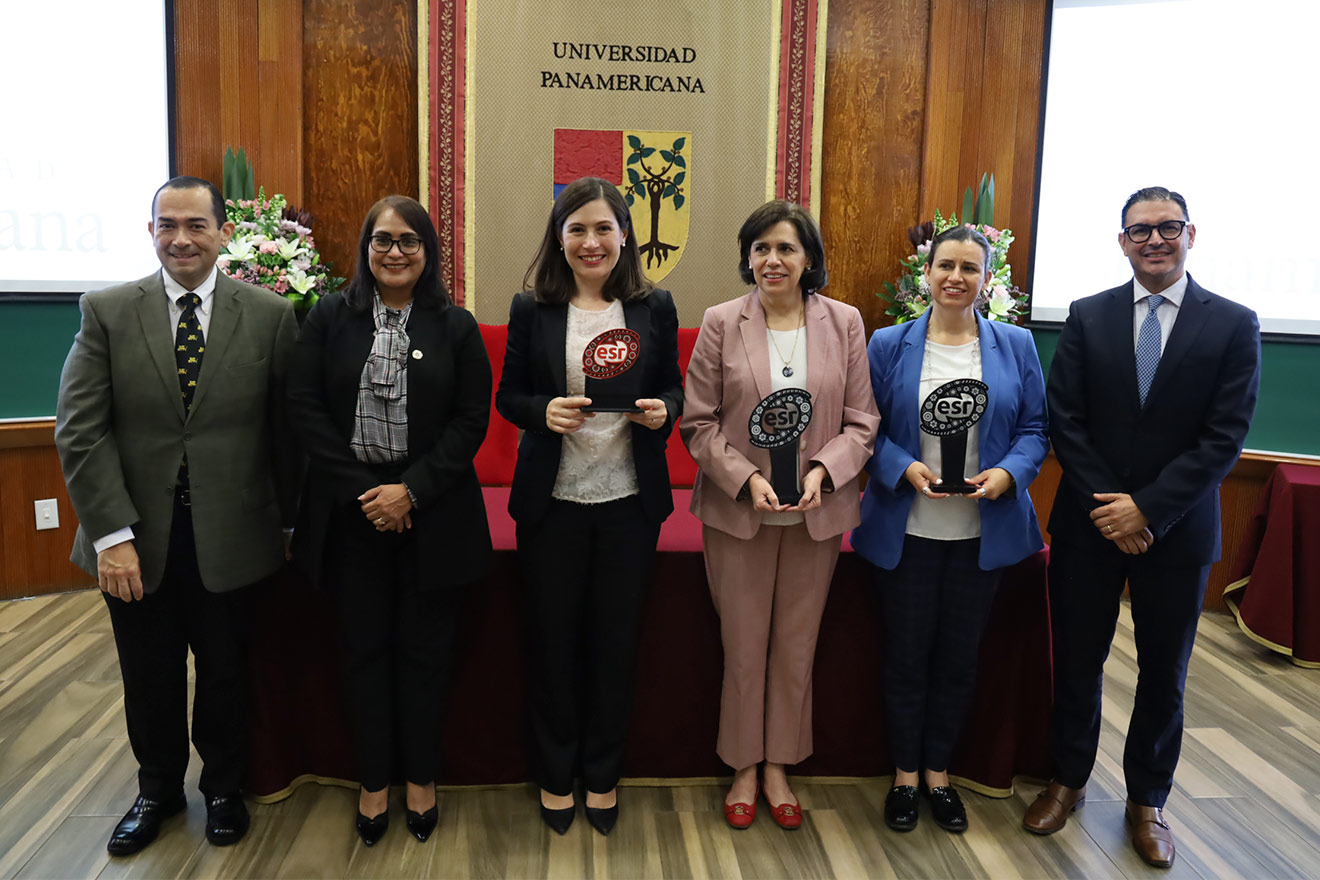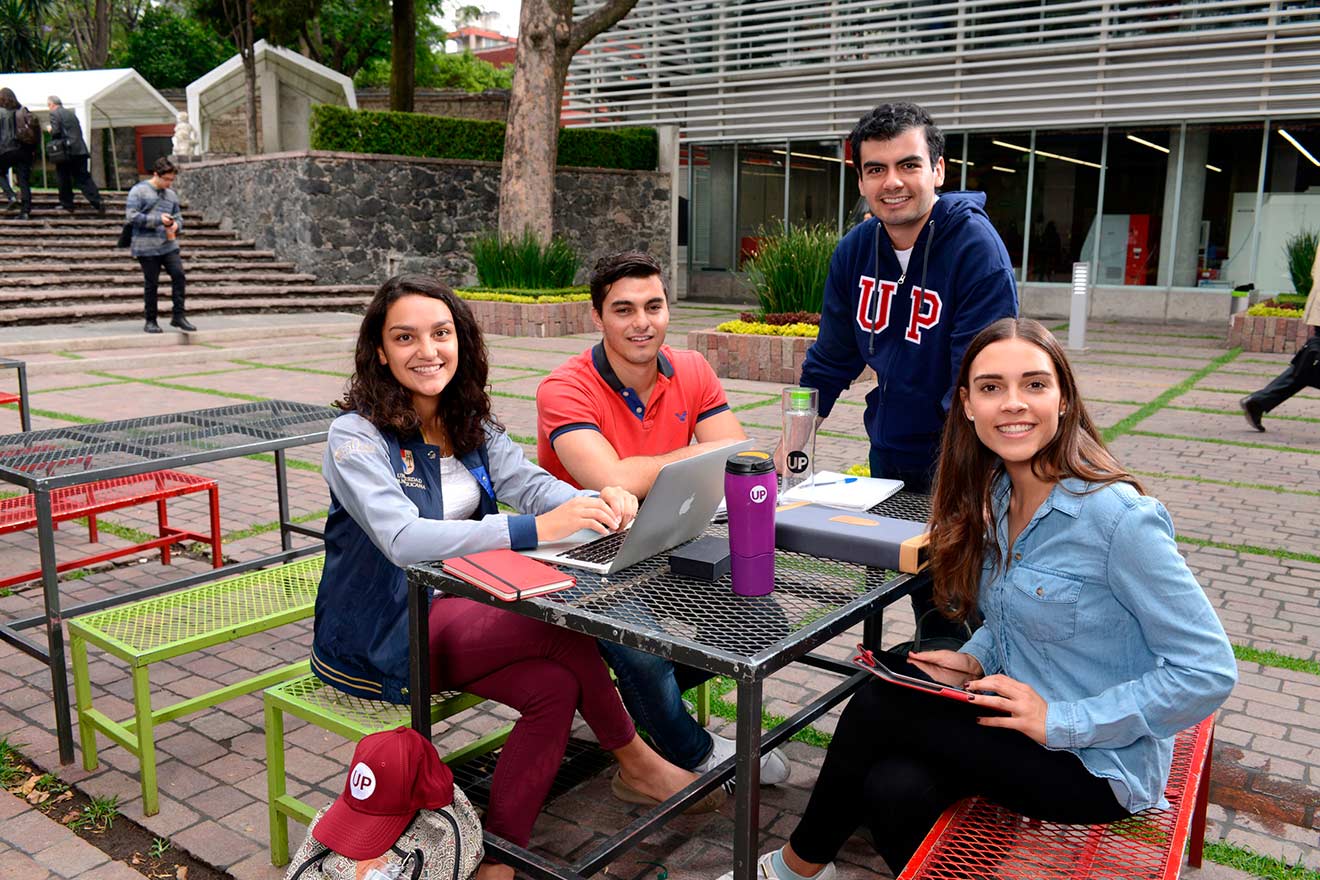Mexico City, September 26, 2022.- Talking about sustainability today is fashionable, but did you know that sustainability is also part of fashion? At least that's what happens in the case of Pimperl, a sustainable fashion brand that seeks that whenever someone wears it, they are taking care of the planet, which is what happens when a student of Universidad Panamericana wears a sweatshirt of this house of studies.
But talking about sustainable fashion does not only imply the use of recycled materials. In an interview, Carlos Toledo, CEO of Pimperl, accompanied by Jaqueline Téllez, creative director, explains that what makes his brand sustainable is the fact that it has a comprehensive system that considers people, workplaces, materials, production chain and supply chain.
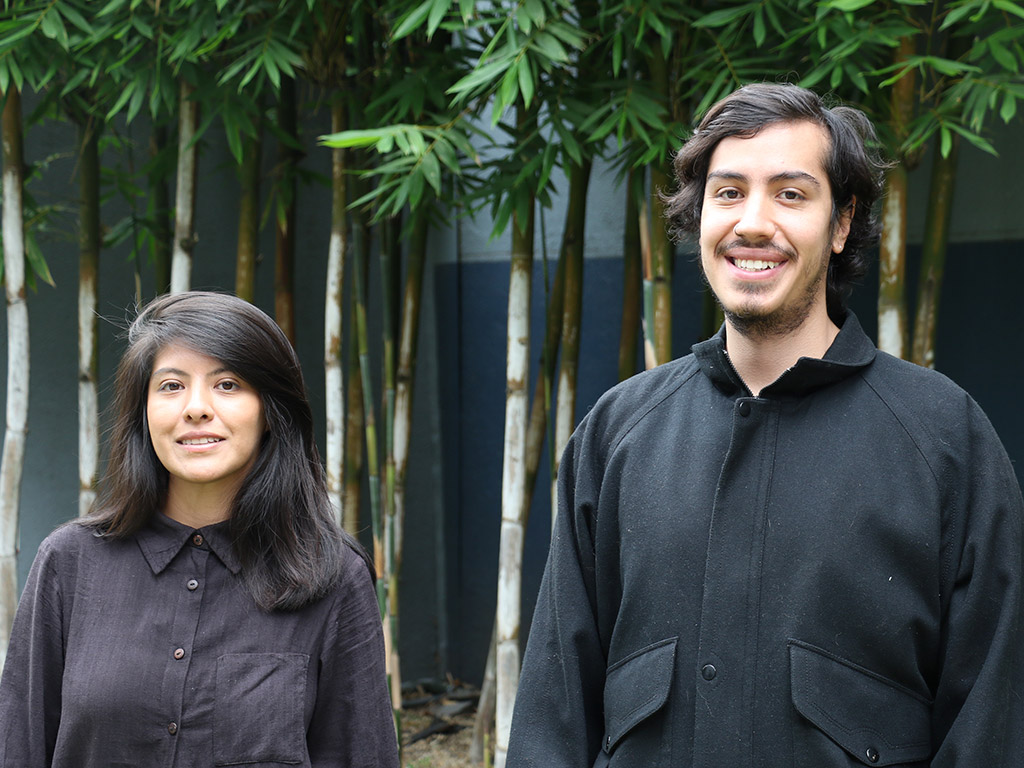
This means that before one of our iconic Panamericana sweatshirts reaches the hands of a student, many elements must be considered: "The first part is to look for certified ecological materials that can give traceability to their production, that is to say that we can also corroborate that they are made through fair trade," says Carlos.
The second part involves CO2 mitigation: "through a study conducted by a company, we measure our CO2 levels and mitigate it with reforestation in Chiapas. The third part includes textile recycling, "which is basically the collection of waste, clothing and transferring it to be transformed into fibers to be used in different industries.
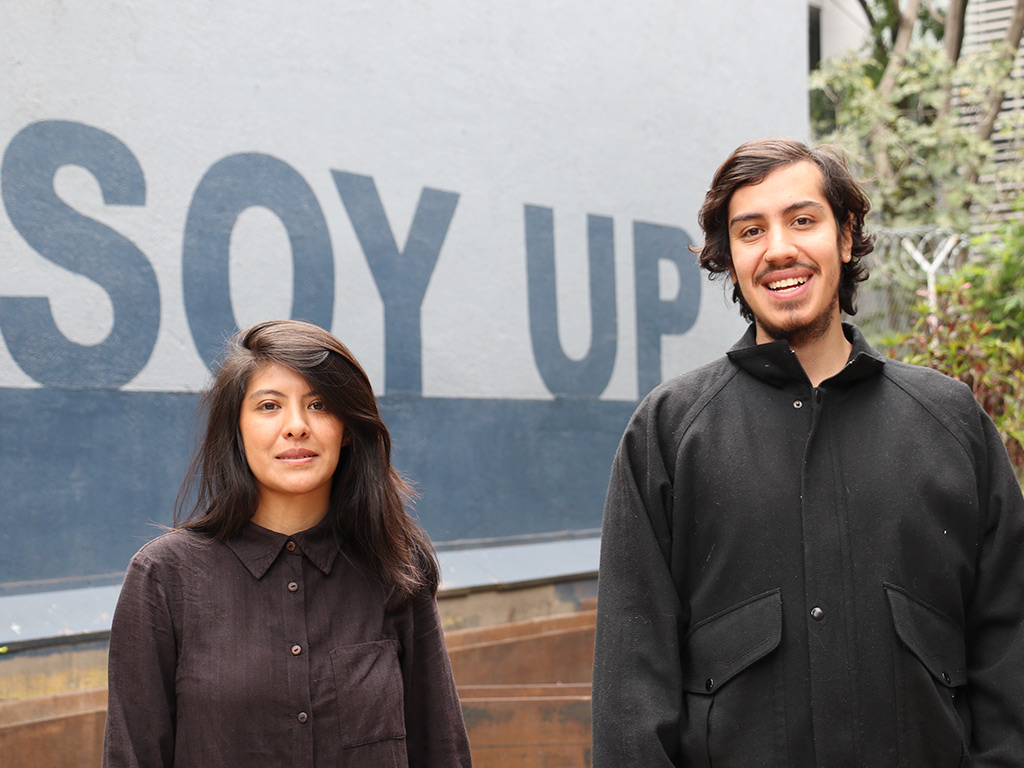
The problem of fast fashion
The fast fashion industry introduces clothing collections that follow the latest fashion trends, which have been designed and manufactured in an accelerated and low-cost manner. However, for this cost to be low, large quantities of clothing must be produced, which , if not sold before they go out of fashion in a short period of time, may end up in landfills or even in the sea.
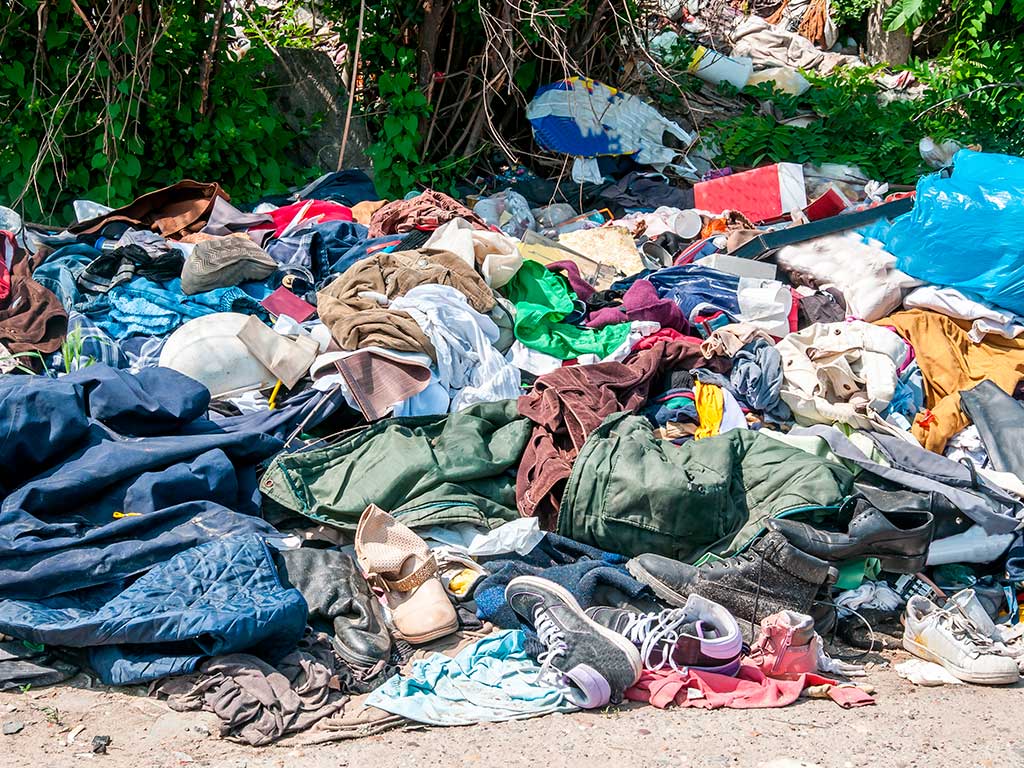
Another problem generated by this industry, Carlos points out, is found in production: "a medium-sized maquila in Mexico makes between 5,000 and 10,000 garments per month, more or less, which is generating a tonof fabric waste per month, that is, a ton of fabric scraps that normally cannot be used for almost anything because they are very small pieces of fabric.
In this way, Carlos explains that fast fashion is "a business model that today represents a challenge for society and for the environment, so it is important to attack both factors, clothing and textile waste, because that is where the problem lies".
Ecological sweatshirts
Pimperl sweatshirts made for the Panamericana are made from 50% recycled PET and 50% recycled cotton.
"More or less a sweatshirt has between 11 and 12 PET bottles and about 250 grams of recycled cotton, so we are preventing those PET bottles from ending up in the sea and landfills, as well as that textile waste," says Carlos.

He also states: "The paints we use to make the screen prints of the UP sweatshirts are free of heavy metals and phthalates or materials containing lead, which are harmful to the skin as well as to the environment," because, according to him, when washing garments made with inks containing these heavy metals, they contaminate the water.
"Sustainable fashion is a must for all people every day", declares Carlos and assures that from Pimperl his hope is that soon people, just as today they separate their garbage, will learn to take their clothes to recycling and extend their consumption times.
"We are very proud that institutions like UP are joining in and looking to spread the message," he concludes.
